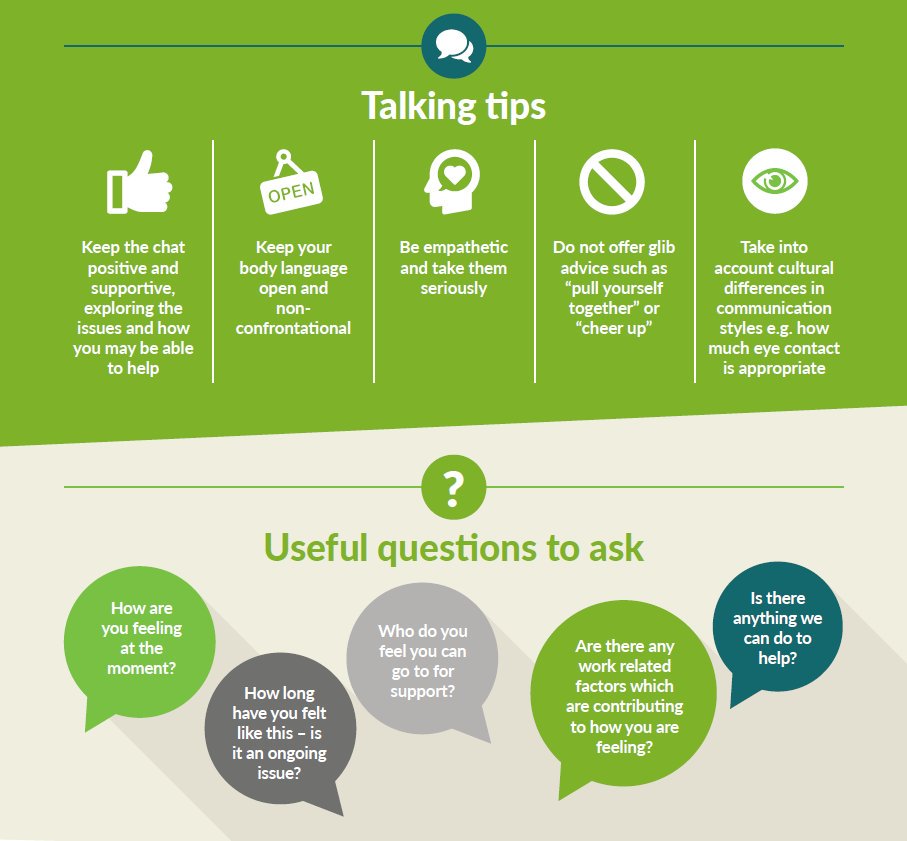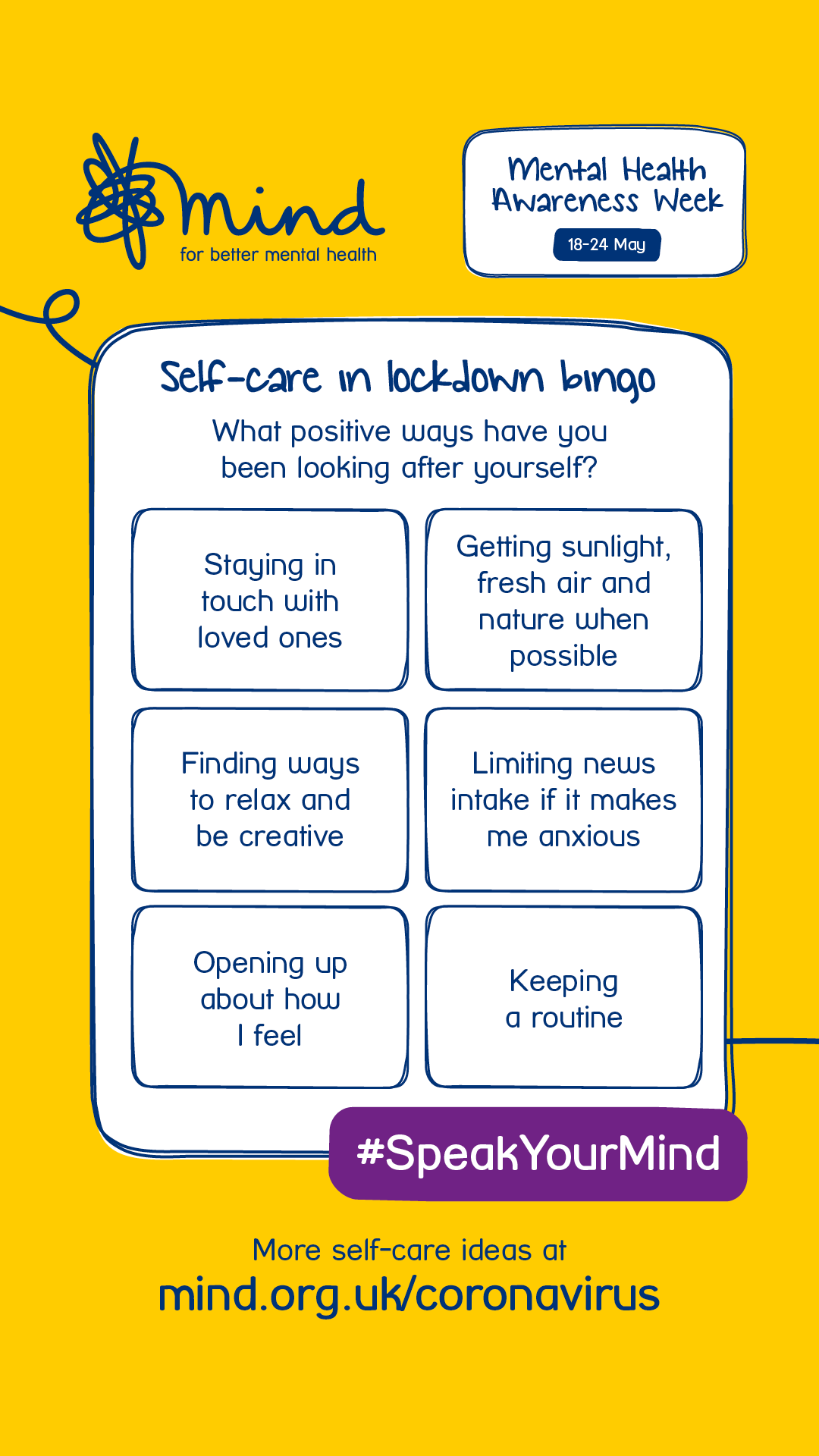How How Do Thunderstorms Affect Mental Healt can Save You Time, Stress, and Money.
Some continuous studies suggest that living in regions with less sunshine exposure, or living farther from the equator, may increase threat. These studies are not 100 percent confirmed. Last but not least, genetic links are being studied also. Researchers are likewise studying people with Circadian Rhythm Disorders. This includes individuals who may work "swing shifts" or "third shift." There could be a linkage to the serotonin levels in the brain in these people which might make them more prone to SAD without any other known genetic threat factors.
Darkness overall might increase the production of melatonin causing increased tiredness and circadian rhythm, or "sleep-wake" cycle, disturbances. The symptoms of SAD differ on the type: winter depression (a. k.a., fall-winter beginning) or spring-summer beginning. Signs are likewise developed around the seasonal time frame as talked about above. Here's how the symptoms break down separately.
Generally, in the main care workplace you will be asked to finish a survey. This is called a PHQ 9 type and it assists recognize patients with anxiety, and can assist to recognize SAD. There are other screening types utilized by your primary care service provider also, however this is one example. how do mental disorders affect rational thought.

You should inform your health care company if experiencing these signs to figure out whether treatment and follow-up is required. Checking may need to be carried out to ensure there are no other medical issues producing the onset of these signs. Your doctor will wish to dismiss thyroid illness, anemia, vitamin D deficiency, other vitamin deficiencies, etc - how does social media affect mental health.
Furthermore, to correctly diagnose SAD, evaluating and optimizing medication is crucial. Some medications might have side results that may contribute to the feelings you are experiencing - how the seasons affect mental health. Comorbidities should be discussed throughout the workplace see in order to ensure there is no concurrent problem with alcohol abuse, attention deficit condition, or any other psychological health condition that is not UNFORTUNATE.
All about What Environmental Factors Affect Mental Health?
The most common first treatment alternative is light treatment. This type of phototherapy exposes the patient to a light giving off resource, while sitting a certain range, from a specialized light box. Your healthcare supplier, in conversation with you, will determine how frequently to utilize this in the house. This approach might begin to help symptoms in days to weeks.
e., fluoxetine, paroxetine, and so on) or Wellbutrin, might be useful. They can help those with underlying psychological health conditions. The treatment might span weeks if there is no other underlying condition kept in mind, or it might be longer depending on signs and severity. Direct exposure to the outdoors, despite sunlight, is likewise suggested.
In addition, the benefit of exercise helps with total wellness, tension, anxiety, and fatigue, and it likewise increases endorphins, your body's internal "feel-good" hormones. An excellent support group is constantly practical, too. You may need more support through talk treatment with a psychologist to assist handle the symptoms too. Socialization skills in general have been reportedly practical, rather than remaining alone in your home.
Recent data recommends that workplace visits every four-to-eight weeks to reassess signs and seriousness has shown beneficial. Discuss treatment and long-term care with your service provider too. Not everybody needs long-lasting, or long-lasting, treatment with medications, if you are recommended one, however this is a valid discussion to be followed in your treatment and management plan.
If they require aid discovering a provider near them, they can pick from a broad variety of caring physicians at UPMCPinnacle. com.
Excitement About How Does Social Media Affect Mental Click here! Health
We typically hear that specific seasons are associated with higher wellness and others are connected with a decreased sense of wellbeing. Besides humans' individual seasonal preferences, there are also valid mental health challenges that occur as an outcome of seasons changing. Seasonal Depression (SAD) is genuine, and it is a type of anxiety that connects to the modification in seasons.
Seasonal psychological health challenges, such as SAD, are real and treatable. This post, however, will be taking a different angle in order to describe psychological health advantages that can be discovered within each season. These benefits are not implied to be viewed as remedies to the valid mental health obstacles that individuals deal with as an outcome of changing seasons.
This post can be seen as a spotlight on self-care practices or opportunities, as they connect to each season. Spring can be known as a time of rebirth, restoration, development, and blooming. Spring can naturally make us feel more re-energized. Ideas for self-care practices in the spring: Opt for a mindful walk outdoors in nature: observe the development and blooming.
Get rid of items that are old, expired, or no longer of use to you. Generate appropriate replacements of brand-new items wherever you see fit. Reorganizing and cleaning up in general can be a very restorative procedure. Produce a spring music playlist with an up-to-date list of your favorite tunes and tunes.

Go on a picnic with good friends or member of the family. Summer is the time for experience, sunlight, outdoor exploration, reflection, and expedition. Immerse yourself in nature and take advantage of the weather condition by participating in active workouts walks, hikes, or runs outdoors. Check out the beach or the lake with buddies or household.
How Does Dietary Practices Affect Your Physical Fundamentals Explained
Strategy a trip or a staycation. Start or continue a journal. Check-in routinely and reflect on how you are feeling. Explore events going on in your neighborhood. Summer season might be a time where your neighborhood hosts outside movie nights, farmers markets, or other types of neighborhood gatherings. Although fall might be a stressful time, with busier schedules, colder weather condition, and the holidays around the corner, there are numerous chances to incorporate required self-care into your regimens.
Have a warm beverage, journal, and review how you are feeling. Consider keeping a gratitude journal. Set limits for yourself: prioritize yourself, and do not overcommit to activities as much as possible. Declutter your environments, specifically if you find yourself investing more time indoors. Participate in imaginative ways to move your body and remain active: begin an indoor workout or yoga routine.
Cozy up under a blanket and check out a book. Go outdoors and immerse yourself in the winter air: bear in mind how the weather condition makes you feel. Guarantee that you are getting enough sleep, as winter can end up being overwhelming and hectic with activities. Instead of "hibernating" during the winter, keep up your workout routine from the autumn, or attempt something new totally.
Link with your peers and hold corrective storytelling conversations around a fire outdoors or inside your home. Accept the coziness of winter. Throughout all the seasons, the most crucial thing to do is to advise yourself frequently of the importance of checking-in with your wellness and making time for yourself. Use this breakdown as a referral to help you prepare for self-care and mental health awareness in every season.
